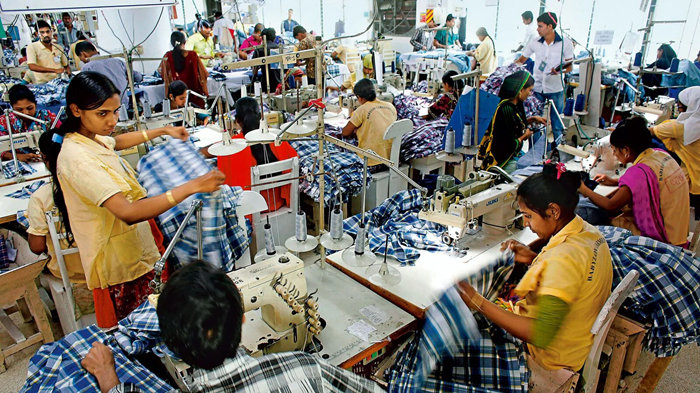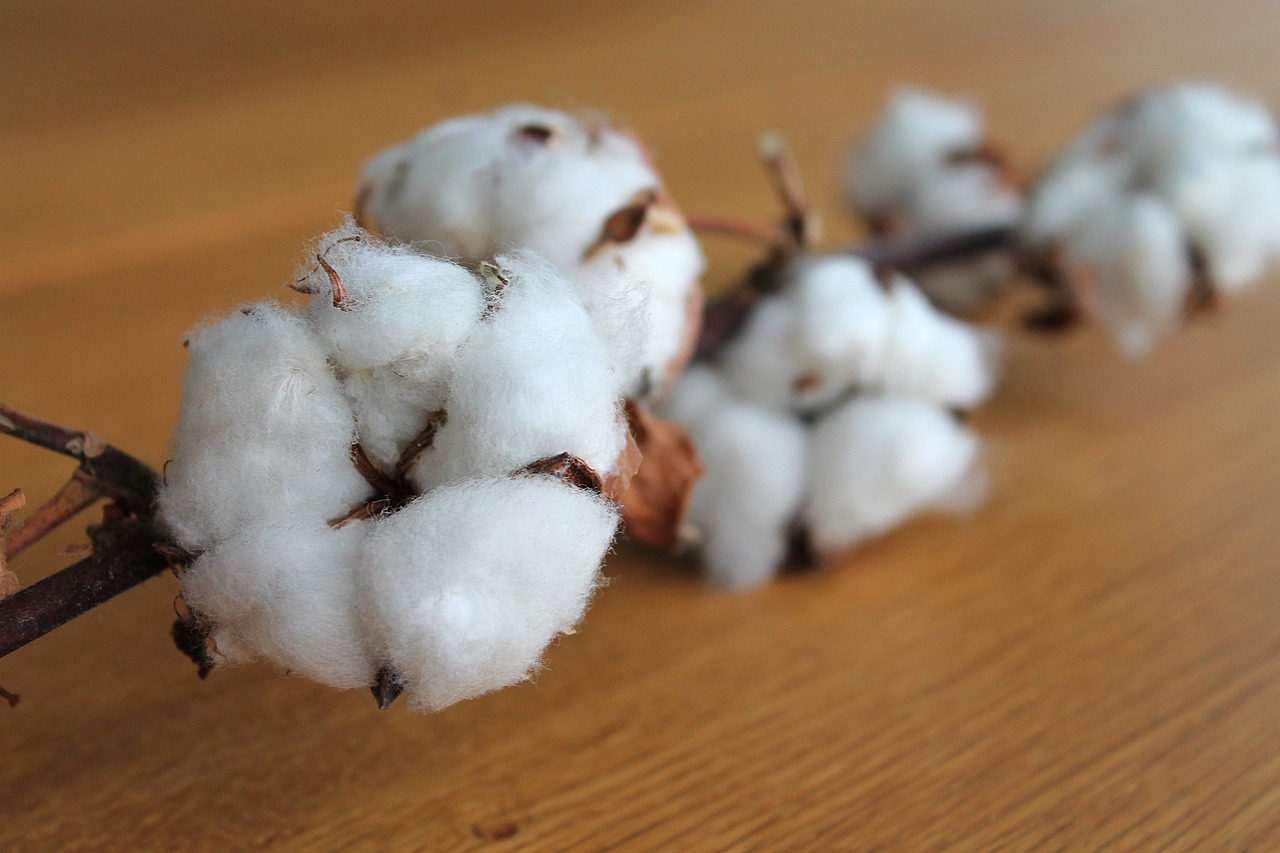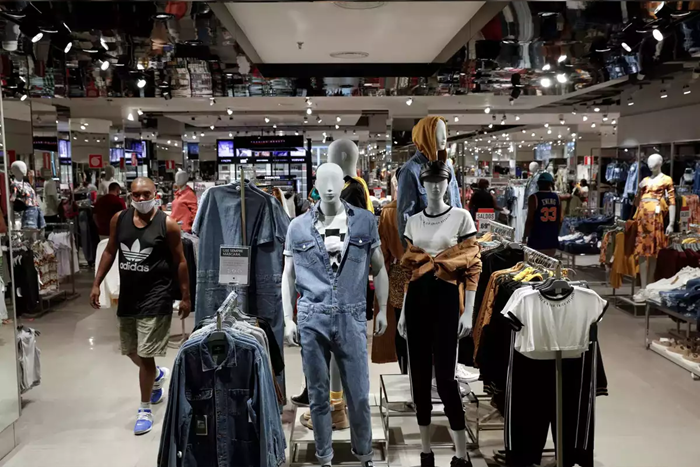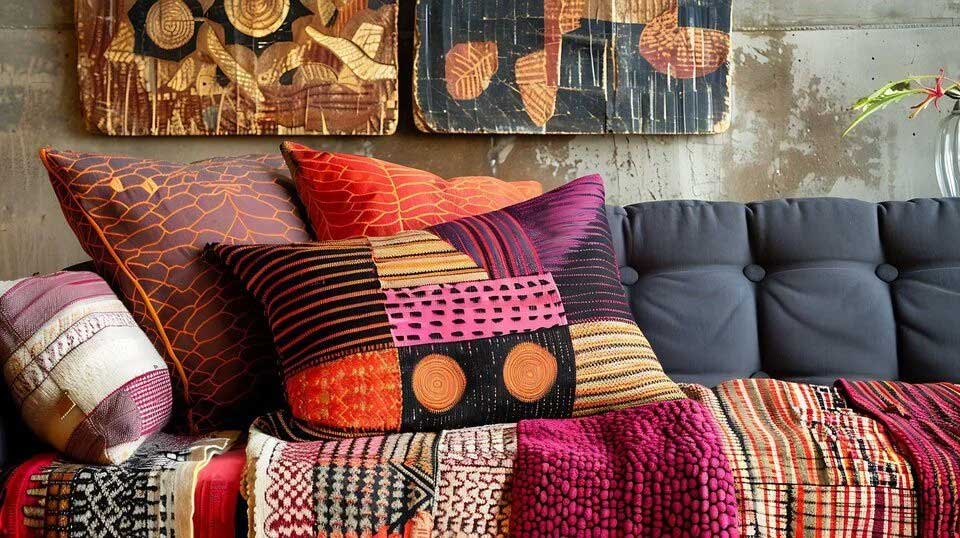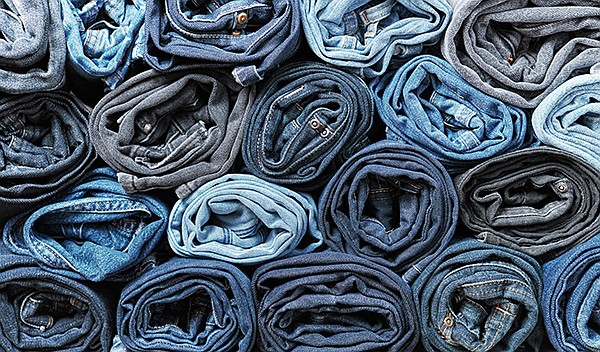FW
Pakistan is taking a series of steps to protect its cotton ginners. The Pakistan Cotton Ginners Association has expressed reservations over cotton imports from India and says that interests of local growers should be protected. In turn they have been assured that a new policy would be framed on cotton imports from India with the consent of all stakeholders.
The Ministry of Textiles would play a key role in getting cleared refund cases of ginners. A five per cent import duty on the import of cotton yarn has been imposed after reviewing the effects of cotton and yarn imports from India. Funds have been released for the establishment of a Cotton Ginning Research & Training Institute. Amendments have been introduced in Seed Act 2010 so that well-germinated, certified and heat resistant seeds can be supplied to farmers at reasonable rates.
The Pakistan Cotton Ginners Association is a representative body of over 1,200 ginning factories all over Pakistan. It takes care of the interests of ginners and coordinates their problems with government agencies. Membership is mandatory for every ginning factory in Pakistan. PCGA educates and advises cotton ginners, and adopts ways to bring cotton to international standards.
pcga.org/
Labour leaders have accused owners of closed readymade garment (RMG) units of not following labour laws and paying workers dues. Since the beginning of inspection by Accord and Alliance, so far 20 garment factories have faced production suspension while seven out of them may not be operational owing to their structural condition. Out of these 20 units, one supplied products for Alliance signatories' brands, six supplied goods to Accord members while the rest shared the buildings.
Earlier, the Accord -- a platform of more than 150 brands, retailers and trade unions had decided not to pay wages to workers during production suspension or closure of any factory. While Commerce Minister Tofail Ahmed asked the Accord to contribute to workers’ payment, Accord said that it’s the factory owners’ responsibility to pay their workers during factory closure.
Labour leaders also claimed that even government authorities despite being aware of the situation are not monitoring the issue. The factories that have been closed following the inspection have not paid or compensated their workers. They have not even announced service benefits to those workers, who served them for many years.
While Alliance is paying one month's wages to the workers, industry is demanding the Accord to follow them and contribute to workers' payment. There is a fear among workers if they don’t get their dues then they may be forced take to the streets to protest against the inspection, which could further add to everyones woes.
Representatives from major clothing brands and unions have decided to hold a meeting with the government officials of Cambodia to discuss rising concerns over workers’ rights in the country. The meeting follows a previous round of talks between brands and government officials that were held in February. Since then, at least 17 union leaders and representatives have been arrested for their roles in planning strikes.
Jyrki Raina, Secretary General of IndustriALL will attend the talks, where she will also be representing the International Trade Union Confederation and the Uni Global Union. Also included are brands like H&M, Gap, Levi’s and Puma.
The unions plan to ask the government about failure to investigate the deaths of workers, as well as the case of 23 union members/leaders and workers who were tried for their role in January’s garment sector strikes, for whom verdicts are due on May 30.
As per sources, last week, eight representatives from the Coalition of Cambodian Apparel Workers’ Democratic Union (CCAWDU) were arrested for instigating workers. Also two leaders of the Workers’ Friendship Union Federation were detained and then released after leading workers from the Cambo Handsome factory in Pur Senchey district on the second day of protests.
www.industriall-union.org
The forthcoming edition of ready-to-wear and accessories fashion trade show Fatex to be held from July 3 to 5, 2014 at Porte de Versailles will be an important event for exploring turnkey collections, a wide range of manufacturing solutions and sourcing new suppliers. The platform offers an opportunity to explore major global players, high-capacity sub/co-contracting, and full package manufacturing who are attuned to the needs of western buyers.
Fatex, offers an extensive portfolio of solutions for international manufacturing, supply chains, enabling exhibitors to meet European fashion brands. Visitors get a complete overview of the market viz: products, technology, finishing and services, as well as an update on developments in quality and style.
For the July edition, Fatex will be handpicking new firms to be endorsed by a selection committee against strict criteria for an even more eclectic and carefully thought-out sourcing offer. Again there will be a large contingency from China, representing the majority of clothing and accessories offer in all categories. Five firms from the Hong-Kong region complete the Chinese sourcing offer, each of them familiar with western buyers’ demanding quality standards. India is also becoming popular with Fatex visitors, particularly for its cotton fabrics and embroidery expertise.
Bangladesh too will be exhibiting with 10 fully integrated organisations. Newcomer Vietnam will be offering alternative apparel solutions from companies managed by local operators aware of their distinctive offer. Egypt too is returning to the European market. Knitted and woven fabrics, leather, work-wear, household textiles and accessories are the main sectors offered by around 100 firms exhibiting at Fatex 2014.
For the first time, Fatex will be hosting a large European symposium that will provide an in-depth analysis of the optimal conditions for feel-good sourcing: Closer to Sourcing on July 3. Industry experts including Pierre Cardin Jeanswear, G-Star, Kurt Salmon, Tom Tailor, Modint, Hugo Boss and juststyle.com will be sharing the secrets of their success and offering invaluable advice.
Leading Moroccan textile companies showed up at Turkey's home textile event, EVTEKS, showcasing their products with the aim of reaching out to Asian markets via Turkey. Morocco sees the five-day fair as an important event in the country's bid to build export ties between Moroccan textile firms and Asian and Middle Eastern countries.
Moroccan textile firms attended the fair to diversify their product ranges and develop new partnerships in the region. In 2013, Morocco saw a 51 per cent decline in its home textile exports. It launched a new export strategy to become a textile leader by 2025, with a major objective of opening up new markets. The European markets are saturated and the 2008 economic crisis has made exporting to those countries harder. That is why Morocco needs to look for new markets.
Tangier-Med, a cargo port located about 40 kilometers east of Tangier, Morocco, is an important platform for Morocco to export its products to destinations in Russia and North America. The 19th edition of EVTEKS 2014 Istanbul was held from May 21 to 25. It is a home textiles exhibition. Home textile products, carpets, tulles, curtains and bed linens are some of primary items of exhibit at the show. Others are: upholstery products, furniture items, wall coverings, solar energy equipments, textile inputs, bath accessories and kitchen textiles.
cnrevteks.com/
Cambodia's nascent stock market is set to double its number of listed companies when Taiwan garment company Grand Twins International becomes the second firm to go public in the Southeast Asian nation. Grand Twins, one of the largest clothing manufacturers operating in Cambodia and which counts Adidas and Reebok among its clients, is scheduled to make its market debut on May 29 after a $19.3 million IPO.
Seeking working capital and to expand a factory, Grand Twins sold 8 million new shares, or 20 per cent of the company. A lower offer price would entice more investors to buy during the listing. Grand Twins' listing comes amid strikes and sometimes violent protests in Cambodia's garment industry as workers call for higher wages and better safety standards.
The industry, which garners more than $5 billion dollars in annual revenue and employs 6,00,000 people, is key to Cambodia's fast-growing economy and has attracted foreign investment as manufacturers seek cheaper alternatives to China. Grand Twins International, which employs about 5,600 workers, made a $8.79 million net profit in 2012. The company makes apparel for export mainly to countries in Europe and to United States.
A Chinese company is establishing a textile industrial zone in Addis Ababa, Ethiopia. Zhejiang Jinda Flax is a subsidiary of Chinese Kingdom Holdings and produces textile decoration fabrics such as weave fabrics, yarn decorated fabrics and calico printing fabrics, which are widely applied to clothing sofas, curtains and bed appliances.
The company and the Ethiopian government have agreed to work jointly for the establishment, development and construction of the Kingdom Linen Textile Industrial Zone in Ethiopia. Before June 2015, Zhejiang will commence the construction of phase one of the industrial zone project. In addition, the Chinese company will train 50 Ethiopians in industrial park production facilities.
Ethiopia is home to over 230 textile and garment industries with 20 training institutes, employing about 37 per cent of the country’s public sector work force. Eleven Chinese companies are already in Ethiopia and involved in the manufacturing of leather and leather products, textile and garments.
China is the third-largest foreign investor in Ethiopia by direct investment volume. As margins get tighter at home, Chinese companies are looking further afield, and many are settling in Ethiopia as an attractive alternative for their factories and plants. Chinese companies are assembling goods in Ethiopia to ship back to China, which is more profitable than producing in China today.
jindacorp.en.ecplaza.net/
Export of textile and clothing from Pakistan grew by 6.5 per cent during the first 10 months (July-April) of this fiscal year. Export of low value-added products, such as yarn other than cotton yarn, was up 132.39 per cent, made-up articles excluding towels, bed wear 11.46 per cent and other textile manufacture by 21.68 per cent during July-April 2014 compared to the same period of last year. However, the export value of textile and clothing fell mainly because of a decline in export of value-added products.
In the value added sector, export of bed wear increased by 6.71 per cent, and knitwear by 16 per cent in April 2014. However, exports of readymade garments dipped by 6.76 per cent. Exports of towels dipped by 12.92 per cent, cotton yarn 30.03 per cent, cotton cloth 7.35 per cent and tents 23.84 per cent during the month. Raw cotton export witnessed a robust growth of 23.28 per cent. Total export proceeds increased by 4.24 per cent in July-April 2014 from the corresponding period last year.
Only six textile products witnessed positive growth among all the textile and clothing categories. The growth of textile and clothing stagnated at around 7 per cent in the last few months because of capacity issues, especially in Punjab, which is facing shortage of electricity and gas.
Retailers like New Look and Inditex want the Cambodian government to ensure better treatment of garment factory workers in the country. Workers campaigning for an increase in the national minimum wage and improved working conditions in factories have faced detention and intimidation. A series of mass faintings at clothing factories have also highlighted their poor conditions.
Global brands say that if they are to continue sourcing from Cambodia political stability and respect for human and worker rights are essential. In the past few months striking garment workers, who want their monthly minimum wage to double, have faced brutal action by police with at least five workers dead. Some workers involved in the protests have been dismissed and some factory owners have responded to protests with lawsuits against union leaders.
An estimated 4,00,000 people, mostly women, work in Cambodia's garment factories which are the country's biggest export earner. The majority of Cambodia’s exports to the European Union, over 89 per cent, are of textiles such as garments and shoes.
Advocacy groups are urging clothing brands to review their purchasing practices and take action to ultimately end low wages, which are at the root of the bloody demonstrations in Cambodia.
Karl Mayer has developed a series of lace raschel machines committed to beauty and efficiency as well as denim technology from a single source. An improved Jacquardtronic lace machine focuses on patterning diversity. On the MT 51/1/32 machine it is possible to produce the typically Textronic fall plate effects in a more complex and elaborate way. The new pattern beam warper PBW 130"/2 can produce pattern beams with laps that combine a long running length with identical diameters. In this way, it is possible to tap the full potential during the subsequent processing on lace raschel machines.
The ball warper is characterized by a controlled, exact and gentle joining of the yarns to ropes and by a careful lap formation. The laps show an entirely parallel build-up and are of high quality. The long chain beamer joins ropes to warp beams, offering perfect manufacturing quality, high efficiency and easy handling.
All these machines will be displayed by Karl Mayer at ITMA ASIA + CITME, June 16 to 20, 2014. In addition visitors can also get to see the dye trough Variobox and model of the indigo dye-sizing machine Indig-O-Matic. The warp preparation unit will be presented as a competent full-range supplier of the denim technology.



